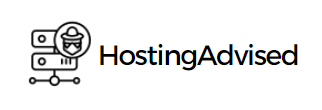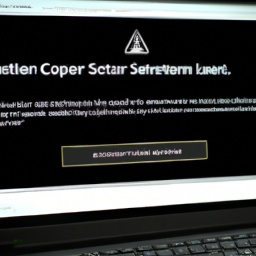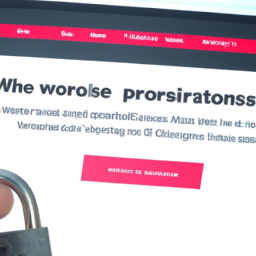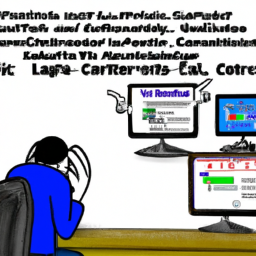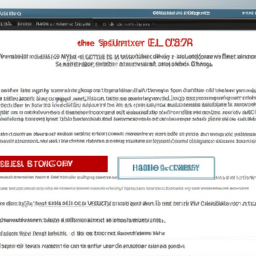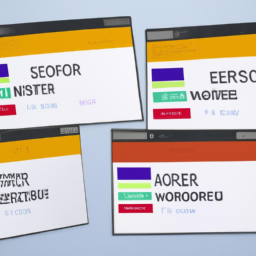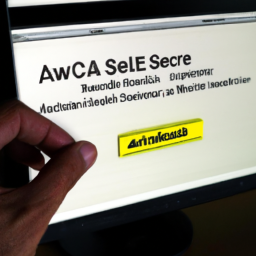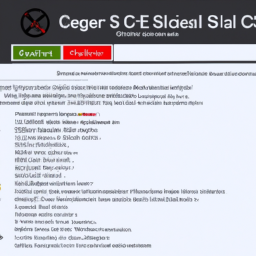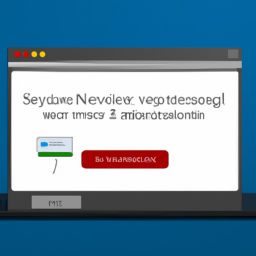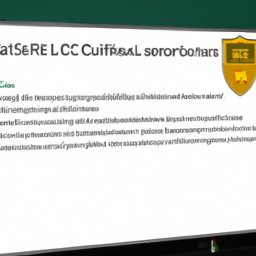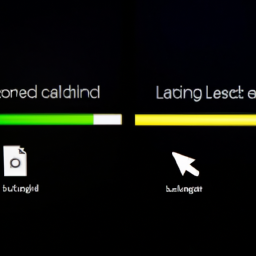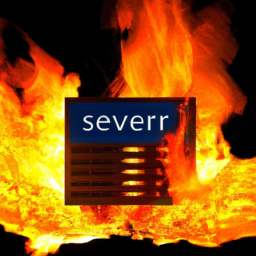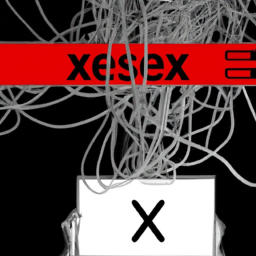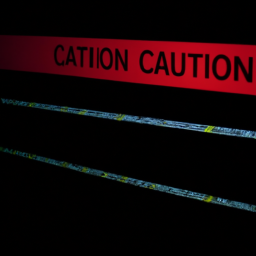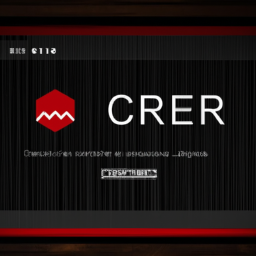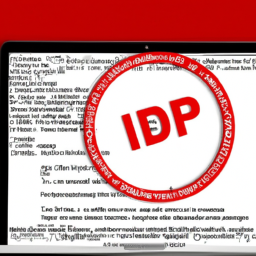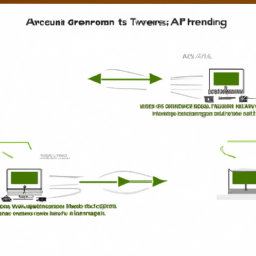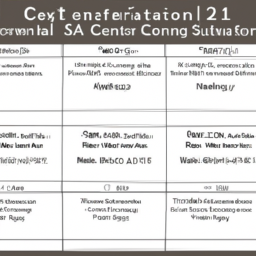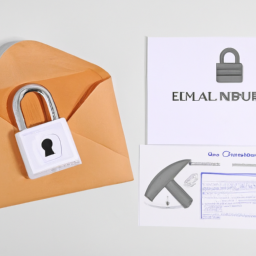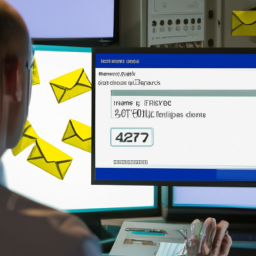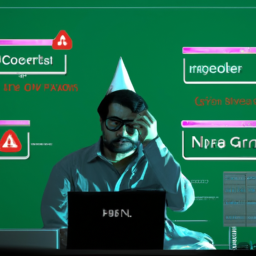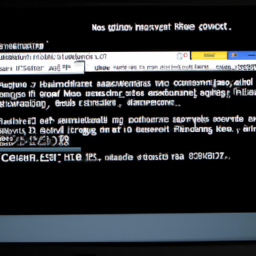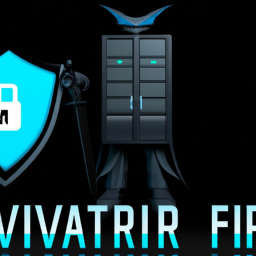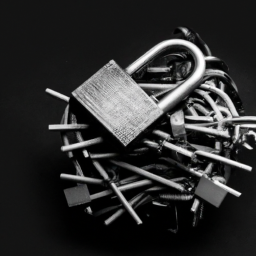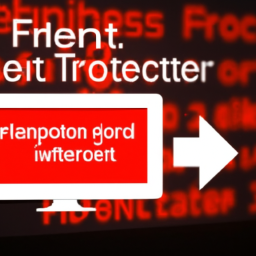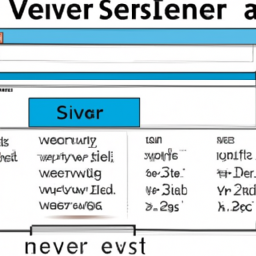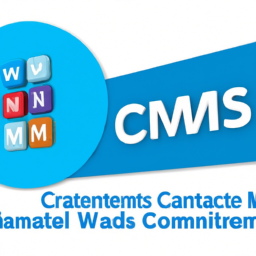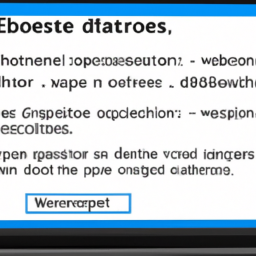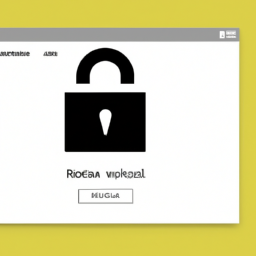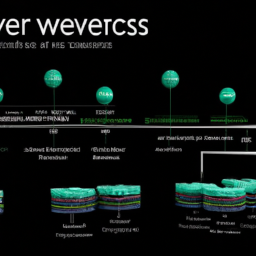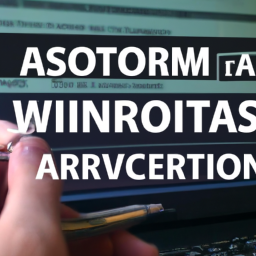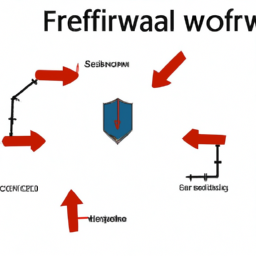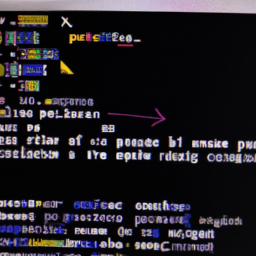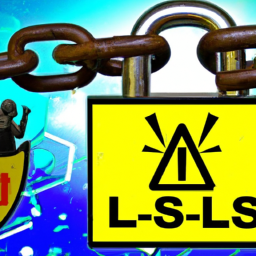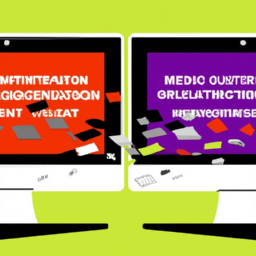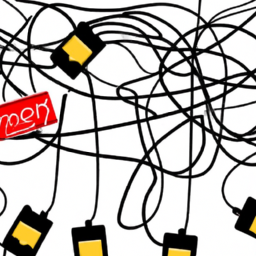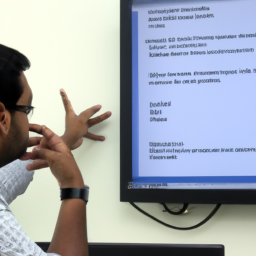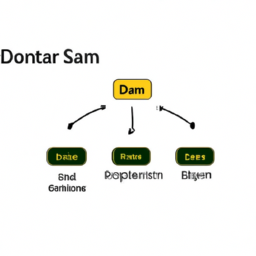Are you tired of dealing with the headache of SSL certificate installation on different web hosting platforms? We understand your frustration. It can be a daunting task, especially when you encounter numerous errors along the way.
But fear not! In this article, we have compiled a comprehensive troubleshooting guide to help you navigate through the complexities of SSL certificate installation on shared hosting, VPS hosting, and dedicated server hosting platforms.
From common SSL certificate errors to best practices for installation, we’ve got you covered. Whether you’re a seasoned web developer or a novice, our technical, detailed, and informative approach will provide you with the knowledge and resources you need to overcome any challenges you may face.
So, buckle up and get ready to master the art of SSL certificate installation for different web hosting platforms!
Key Takeaways
- SSL certificate installation can be challenging on shared hosting platforms due to limited access to server configuration files.
- VPS hosting platforms offer more flexibility and control over SSL certificate installation.
- Dedicated server hosting platforms provide complete control over server security and performance.
- Common SSL certificate errors include expired certificates, revoked certificates, and invalid certificate authorities.
Shared Hosting Platforms
If you’re using shared hosting platforms, you’ll need to follow specific steps to successfully install your SSL certificate.
Troubleshooting SSL certificate installation on cPanel shared hosting platforms can be quite challenging. One common challenge faced when installing SSL certificates on WordPress shared hosting platforms is the lack of access to the server configuration files. This can make it difficult to properly configure the certificate and ensure its successful installation. Additionally, some shared hosting platforms may have restrictions or limitations when it comes to installing SSL certificates, making the process more complicated.
However, with the right guidance and support, it’s possible to overcome these challenges and successfully install your SSL certificate.
Moving on to VPS hosting platforms, the installation process differs slightly.
VPS Hosting Platforms
VPS hosting providers may require specific steps to set up secure connections on their platforms. Unlike shared hosting, VPS hosting offers several advantages such as increased performance, scalability, and dedicated resources.
When it comes to SSL certificate installation, VPS hosting platforms often provide more flexibility and control over the process. You have the option to choose your own operating system and have root access to the server, allowing you to install SSL certificates directly. This enables you to configure the server to meet specific security requirements.
Additionally, VPS hosting platforms typically offer better performance than shared hosting, as they allocate dedicated resources to each virtual server. This ensures faster response times and improved website loading speeds.
Moving forward, let’s discuss the SSL certificate installation process for dedicated server hosting platforms.
Dedicated Server Hosting Platforms
With dedicated server hosting platforms, you’ll have complete control over your server’s security and performance, allowing you to tailor it to your specific needs and providing you with peace of mind. Dedicated server management involves handling all aspects of your server, including installing and managing SSL certificates. There are several benefits of dedicated server hosting when it comes to SSL certificate installation. Firstly, you have full control over the server’s configuration, allowing you to optimize it for SSL. Secondly, dedicated servers usually provide better performance and reliability, ensuring smooth SSL certificate installation and operation. Additionally, dedicated server hosting platforms often offer advanced security features, such as firewalls and intrusion detection systems, which help protect your SSL certificates. These advantages make dedicated server hosting a preferred choice for businesses that prioritize security and performance. Transitioning to the next section, let’s now explore some common SSL certificate errors.
Common SSL Certificate Errors
When encountering SSL certificate errors, you may feel like you’re standing at a locked door, desperately trying to gain access to a secure website but being met with a bewildering array of warnings and messages.
These errors can be caused by various issues related to certificate expiration or revocation. Here are three common SSL certificate errors you may encounter:
-
Certificate Expired: This error occurs when the certificate has passed its validity period. It is essential to renew the certificate before it expires to avoid disruption in website access.
-
Certificate Revoked: A revoked certificate means that it has been invalidated before its expiration date due to security concerns. This error indicates that the website may not be trustworthy.
-
Invalid Certificate Authority: This error occurs when the SSL certificate is not issued by a trusted Certificate Authority, causing browsers to display warnings about potential security risks.
Understanding these common errors can help you troubleshoot SSL certificate installation.
Next, we will discuss the best practices for SSL certificate installation.
Best Practices for SSL Certificate Installation
To ensure a smooth and secure website experience, make sure to follow these best practices when installing your SSL certificate. Common mistakes during SSL certificate installation can lead to errors and vulnerabilities in your website’s security. It is important to regularly update your SSL certificate to stay ahead of any potential security risks. Here are some best practices to keep in mind:
| Best Practices for SSL Certificate Installation |
|---|
| 1. Double-check your certificate details |
| 2. Install the intermediate certificate |
| 3. Update your website’s URLs |
| 4. Test your SSL installation |
| 5. Monitor for certificate expiration |
By following these best practices, you can avoid common mistakes and ensure that your SSL certificate is properly installed and up-to-date. Regular updates are crucial to maintaining the security of your website. In the next section, we will provide additional resources and support to help you with troubleshooting and resolving any issues you may encounter during the SSL certificate installation process.
Additional Resources and Support
Now that you’ve learned about the best practices for SSL certificate installation, let’s explore additional resources and support available to troubleshoot SSL certificate installation for different web hosting platforms.
If you’re using WordPress for your website, troubleshooting SSL certificate installation can be a bit tricky due to the platform’s complexity. However, there are numerous online forums, tutorials, and support communities dedicated to helping you resolve any issues you may encounter.
For e-commerce platforms like Shopify or Magento, troubleshooting SSL certificate installation is equally important as it directly impacts the security of customer transactions. These platforms often provide comprehensive documentation and support channels to assist you in resolving any SSL certificate installation issues.
By utilizing these additional resources and support, you can ensure a seamless and secure SSL certificate installation process for your WordPress or e-commerce website.
Frequently Asked Questions
How do I choose the right SSL certificate for my website?
To choose the right SSL certificate for your website, start by considering the compatibility factors and selecting a reliable SSL certificate provider.
Compatibility factors include the type of web server you’re using, the number of subdomains you have, and the level of validation you require.
Research different SSL certificate options, compare their features, and choose one that best meets your website’s security needs.
Remember to consider factors like encryption strength, browser compatibility, and customer support when making your decision.
Can I install an SSL certificate on multiple domains or subdomains?
Yes, you can install an SSL certificate on multiple domains or subdomains by using wildcard certificates. These certificates allow you to secure an unlimited number of subdomains under a single domain. They’re particularly useful for websites with a large number of subdomains.
However, keep in mind that troubleshooting SSL errors can be complex. It’s important to carefully follow the installation instructions provided by the certificate authority to ensure a successful installation.
What should I do if the SSL certificate installation process fails?
If the SSL certificate installation process fails, there are several common reasons for this issue. It could be due to incorrect certificate files or keys, incompatible server software, or improper configuration.
To troubleshoot this, you can double-check the certificate files and keys, ensure compatibility with your server software, and verify the configuration settings.
Additionally, you can seek support from your SSL certificate provider or web hosting platform for further assistance in resolving the installation failures.
Is it possible to transfer an SSL certificate from one hosting platform to another?
Transferring an SSL certificate from one hosting platform to another is possible, but it has limitations. While you can export the certificate and its private key, the new hosting platform must support the same type of SSL certificate.
Additionally, some hosting providers may not allow external SSL certificates or restrict the transfer process. It’s important to check with both hosting platforms to ensure compatibility and understand any restrictions before attempting to transfer the SSL certificate.
Are there any specific requirements or considerations for SSL certificate installation on eCommerce websites?
When it comes to SSL certificate installation on ecommerce websites, there are specific requirements and considerations to ensure optimal ecommerce website security.
Following SSL certificate best practices is crucial to protect sensitive customer information and build trust. It is important to choose a reputable Certificate Authority, use a strong encryption algorithm, and regularly update and renew your SSL certificate.
Additionally, implementing secure payment gateways and employing secure coding practices are essential for a secure ecommerce website.
Conclusion
Congratulations! You’ve successfully navigated the intricate world of SSL certificate installation for various web hosting platforms. Armed with the knowledge gained from troubleshooting common errors and implementing best practices, you’re now a certified SSL expert.
With your newfound expertise, you’ll effortlessly conquer any SSL installation challenge that comes your way. So go forth, conquer the digital realm, and bask in the glory of your SSL prowess. Keep up the great work!
